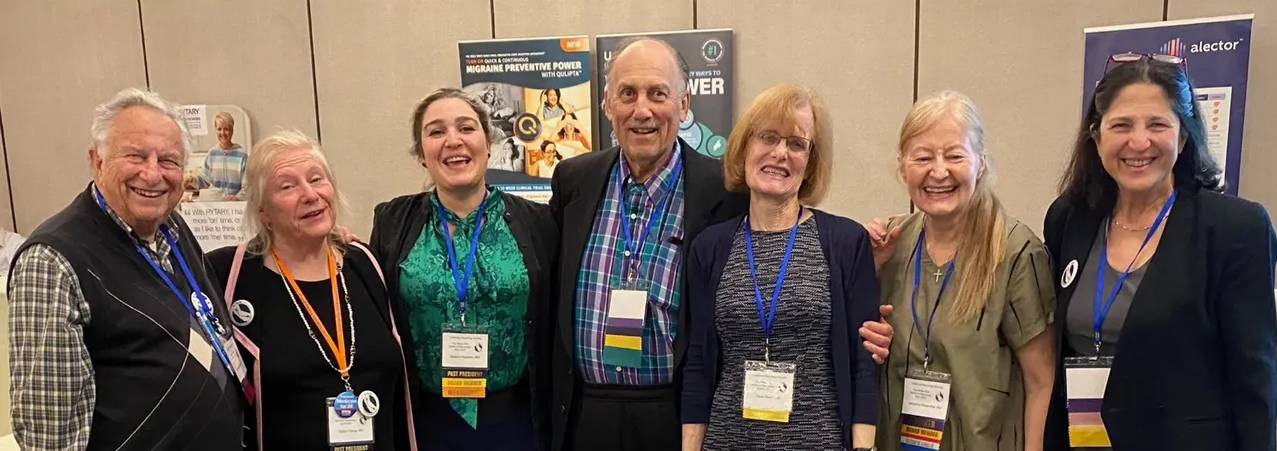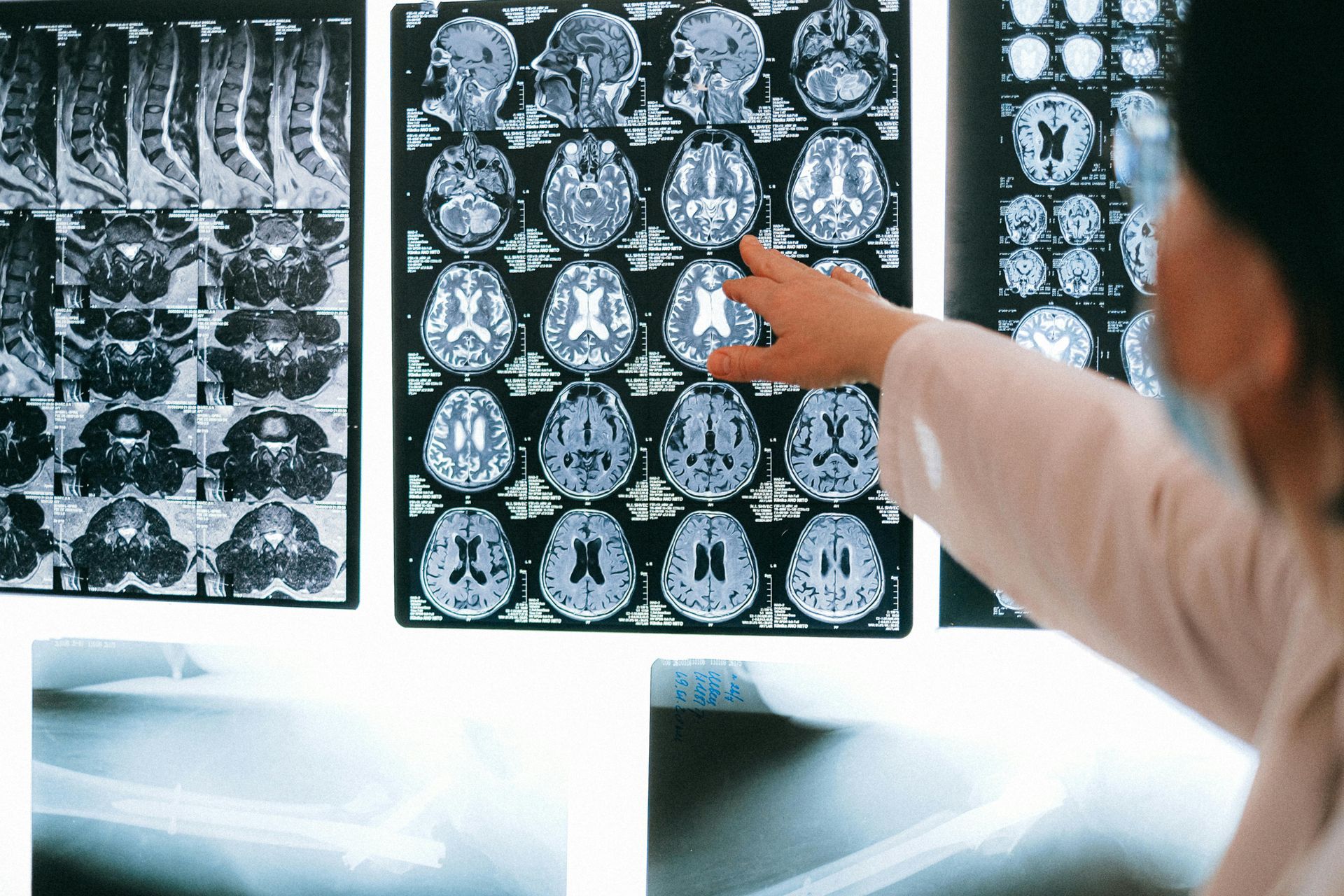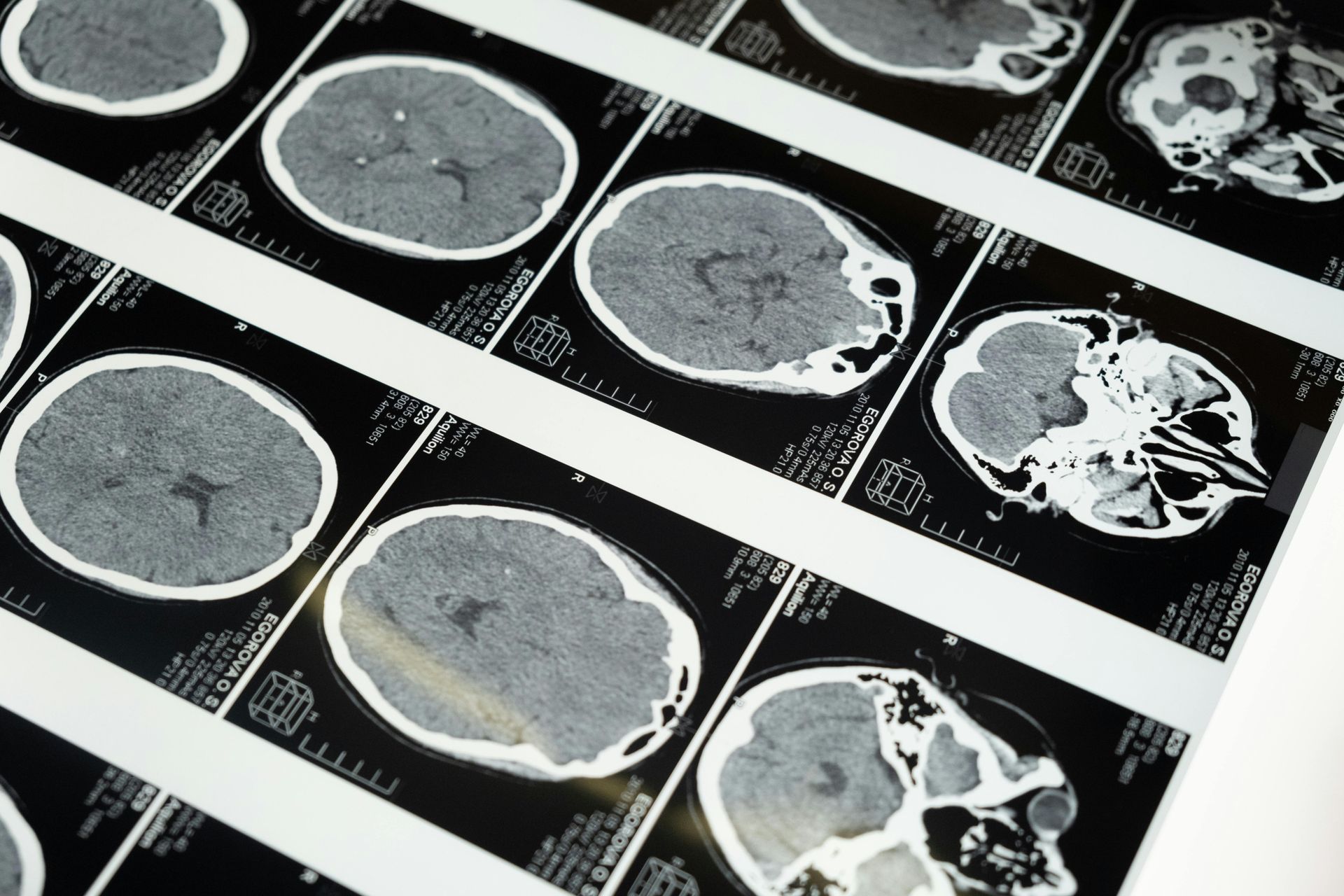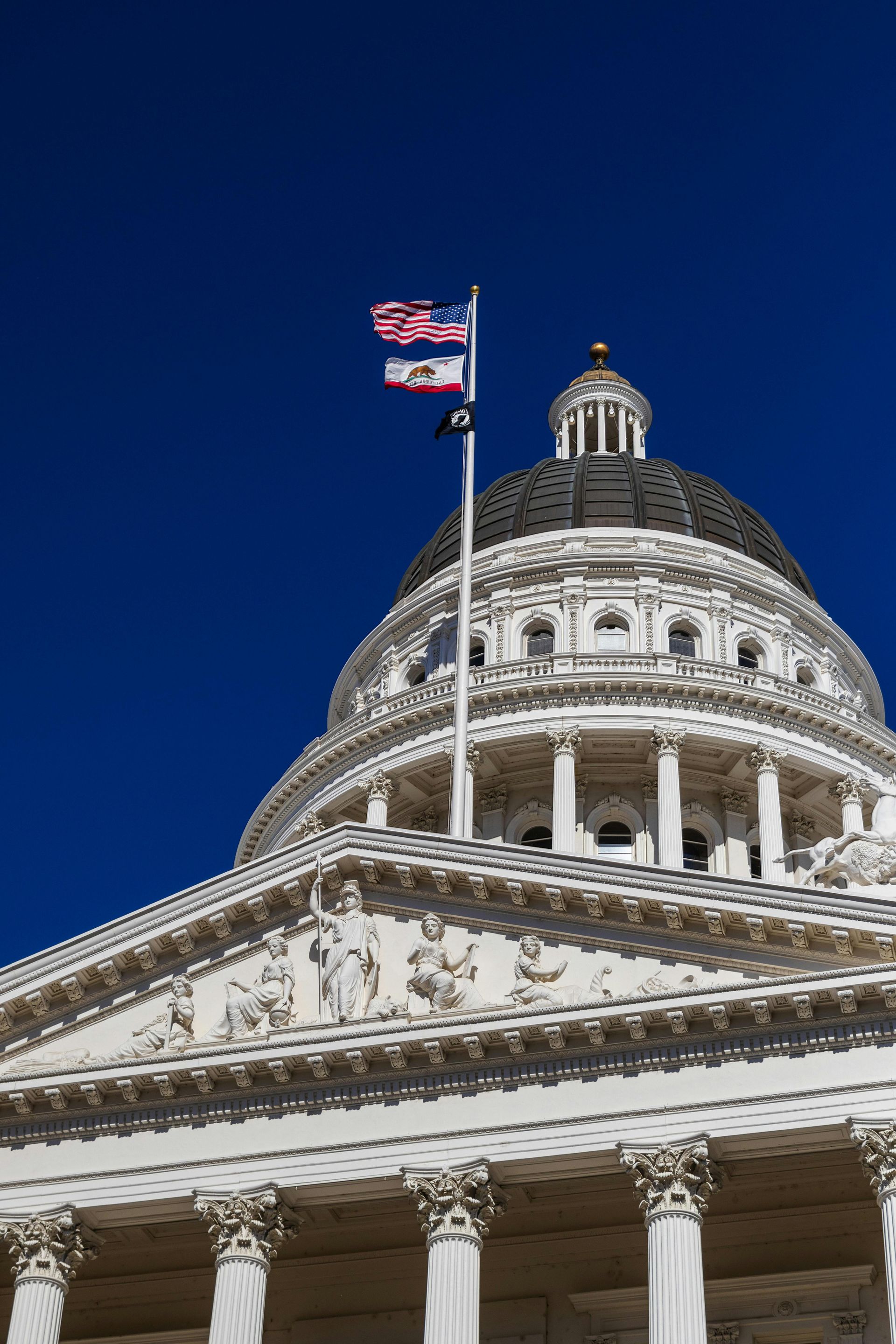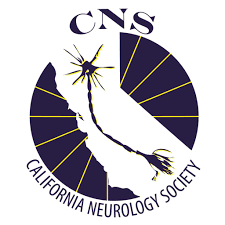CNS Legislative Committee MEETING MINUTES - August 21, 2024
Legislative Committee Meeting Minutes
Here is a summary of the meeting:
1. Introduction of Dorian Capers: Stella, the President, introduced Dorian Capers as the Online Logistics Specialist who will assist with communications at the Ledge Meetings.
2. MOC (Maintenance of Certification) Concerns: There were complaints from younger neurologists about the difficulty and cost of MOC, which negatively impacts patient care. Older members are “grandfathered” with lifetime certification, but younger doctors face burdens, especially with tests covering areas outside their subspecialty.
3. Discussion on SB 636: Steve shared updates on SB 636, which requires prior authorization to be done only by credentialed and licensed doctors in California. The bill's progress is slowed by a proposed expensive study, but there’s hope for its continuation.
4. McCarty’s Bill on Head Injuries: Due to high study costs, McCarty's bill is stalled. Suggestions included public outreach and working on new approaches for next year, including collaborating with the media to raise awareness.
5. MOC Reform and Conflict of Interest: Concerns about conflicts of interest between the AAN, ABPN, and ABMS, which benefit financially from certification, were raised. Paul Mathew, an expert on MOC reform, was recommended to help navigate these issues and push for changes that reduce costs and burdens on neurologists.
6. Epilepsy Transportation Act: Stella inquired about Cortese’s interest in the Epilepsy Transportation Act, but it is not the right time for him to engage because this is an election cycle.
7. Future Advocacy Efforts: There was a strong emphasis on organizing for the next year, building coalitions with stakeholders, and creating materials like a white paper to argue for reform in MOC, Utilization, and healthcare system issues.
8. Board Certification Reform: Suggestions included rebranding board certification as a lifelong title, separating it from continuing education, and reducing the burden of current certification maintenance requirements.
9. Next Steps: Further efforts will focus on outreach, legislation, and collaboration with figures like Paul Mathew to explore alternatives to current certification processes.
---
The meeting started with Stella, our President introducing Dorian Capers. He is going to be the Online Logistics Specialist and will be coming to the Ledge Meetings and help with communications.
We have a concern for MOC Maintenance of Certification. The older members of the CNS have all been “Grandfathered In” meaning that when we took our Boards, it was a lifetime Certification. MOC came out later and Stella has received many angry emails from younger members that it is too difficult to prepare for MOC due to the changes in Neurology from sub-specialization, the inordinate fees are burdensome on young families, doctors first obligation is to patient care which suffers when doctors are required to study in a field outside of their subspecialty field, for example a stroke neurologist being tested on neuromuscular information, when the doctor has only taken care of stroke patients for 10 years.
Steve had mailed 2 articles to us about Utilization and Duty of Care SB 636 that called for prior authorization to be done only by Doctors Credentialed and Licensed in California. The Bill is back on the board due to the fact that there was a technicality in the Labor Code, and so it was different from what we cited. Currently lay people (without a medical license) are doing UR. The other part is that the Medical Board suggested that we put out the date of implementation farther out, giving everyone breathing room. This would put us in another fiscal year. The Surgeon General recommended a study that would cost several million dollars, and that would be easier to obtain in the next fiscal year. If the senator is interested in putting it out there. The Medical Board is already following the bill. The Senator’s staff contacted them. The Medical Board has its own legislative advocacy group.
The Medical Board has always been following this issue. If the cost issue can be deflected by putting the implementation date out - Will probably find out around August 31, 2024.
The bill language from the Surgeon General calls for a study. Why was it going to cost $4 million dollars over 2 years, seems excessive. Did someone delay by making a demand for a large amount of money for a study. We should investigate whether this was a blocking technique. The data belongs to the insurance companies, specifically the Workers Comp carrier who will be sure the study is done properly per Steve Cattolica, we need to have oversight. They made the bill look so expensive to implement that it got sidelined.
The topic changed to McCarty’s bill; the Legislature is not moving forward because of the cost of study about head injuries, the Surgeon General cited a large cost of the study. Steve asked for the research in a Public Information act.
Steve Holtz was questioned about the studies and what should be done, recommended trying public outreach. Need the studies for both Cortese and McCarty bills. The forces against us make money with Utilization and also make money from children’s sports. The only approach is to share and explain to the constituents. Steve pointed out that it is not going to the floor with 8 days left to review 700 bills. So now we can restart the bills again. Take your foot off the gas, take a deep breath, put the car in a different gear.
Per Steve Holtz, need to look at next year look at all the large groups of lay people that have a stake in this that we can get to line up and send representatives and lobbyists to the actual legislators, or public commercials, with kids getting knocked out?? Publicity $$$???? Steve Cattolica recommended writing a 3–4-page analysis of the problem from a medical perspective and use that as the basis for coming back and having another bill. The number of kids playing youth tackle football is diminishing, and parents and rec departments and the changes are already being done. We have to leave it up to the parents, “it is already happening and here are the reasons, it is from the injury rate, the human trauma, the cost, We need to come up with a “white paper” short enough that people will read it.”
Does McCarty know someone else that would sponsor the bill. Steve Holtz says contact every newspaper, specifically, the component that investigates issues related to public welfare. Approach the newspapers in the Bay Area etc. Costs nothing. The parents have an interest. Dorian can make the contact and have Dorian submit to the Newspapers. This is for next year we need to get partners on our side. There will be significant interest because it has to do with the welfare of kids, the investigators are not influenced by the money interests.
Stella was puzzled about how there was an analysis of the bill that talked about the need for the Surgeon General to do a study. Steve Cattolica has already requested the analysis. Johanna asked if we know of a legislator that will take on a new bill next year (Cortese will be Mayor of Sacramento). Steve Cattolica pointed out that they are up for re-election. Again, we have to talk to the legislators. In Palm Springs, see if anyone knows of someone that will take over this topic.
Paul Mathew, MD will be talking about Headaches and also talking about the MOC programs at our spring 2025 Calif Neuro Soc meeting. We had been considering changing the mission statement about empowering all of us to do our jobs.
Stella wondered about Cortese and whether he was interested in the Epilepsy Transportation Act. He is sympathetic to the whole concept, but it is not a good time.
The American Academy of Neurology (AAN) has a mission statement about empowering Neurologists for us to be all that we can be and do and be our best at our jobs. If they are going to fulfill that they should
align with us on maintenance of certification and maintenance of care evolution. The AAN,
American Board of Psychiatry and Neurology (ABPN) and the
American Board of Medical Specialties (ABMS) are financially connected, so there is considerable conflict of interest, the AAN is benefiting financially from certification, so they are not necessarily looking out for the quality of life and best interest of the individual doctors, so there is a conflict of interest.
Steve Holtz pointed out that Paul Mathew is an expert about conflict of interest and recommended seeking his guidance. The AAN has been considering this issue for more than 10 years. There are many forces that want Neurologists to demonstrate competency and stay up to date. Young people are in favor of this but wish it was less expensive as far as dollars and time. Paul has worked with NBPS, National Board of Physicians for Surgeons to provide an alternate path of certification. Hospital boards and insurance companies would have to accept the alternative certification. Paul is more up to date. Stella pointed out that on the NBPS website it states that the individual neurologist has to work with their own hospital for the hospitals to accept the NBPS certification so it has to be a grassroots effort. Stella pointed out that the younger neurologist that are affected have to persuade their hospitals to accept the NBPS certification it’s not really the responsibility of the older neurologists that are grandfathered in. The younger neurologists are too busy with patient care to assert themselves with the hospital so they’ll just pay the money and take the test. Paul has been president of the NBPS. Steve recommended having Paul Mathew there at the same time that a representative from the ABPN is there that would be the first step.
A business person in charge of any county budget now makes decisions for nurse practitioners and physician’s assistants are currently credentialed in writing prescriptions for neurology patients although they don’t for example know the difference between the second and the third nerve and they don’t know how to pronounce the name of the seizure medicines and they don’t know the numbness in the feet the Babinski and the relationship to the cortical spinal tract. Interestingly board-certified neurologist have to maintain certification but physician’s assistants that haven’t done a neurology residency have been board-certified are now writing prescriptions in outpatient clinics because a businessperson decided the doctor was too expensive. Johanna pointed out that Robert Weinmann warned us to prevent this from happening that we were all too busy to fight the nurse practitioners and physician’s assistants Steve Cattolica pointed out that we need to reverse this and go back and change that policy.
Roger Bertoldi pointed out that the concept of Board Certification should be done once, like “being knighted” and then the concept of refresher courses should be separated from the Board Certification. The CME should use different lingo to dissociate the concepts, we should use mild tame words for “refresher courses, continuing education, and staying up to date” instead of MOC to start dissociating the two.
Stella was thinking of how to best approach the AAN to help us with changing MOC. Write a letter to the AAN, Charlene, on behalf of CNS, but first have Paul and the ABPS and CNS all as a group then ask a representative of the AAN to meet with us, Dr. Brooks Kayel and Paul and have them to a crossfire but meet with Paul fist. Stella has met with Dr. Mathew and needs a crossfire at the meeting in the spring. With the 2 then talk to Charlene the AAN president.
Next topic: epilepsy transportation. Steve Cattolica had contacted the board of the Epilepsy Foundation. She, Natalia, will get back to us. Stella had contacted them.
Johanna suggested that rather than utilization, change the entire health care system. Any insurance that receives government funds must have an 80/20 ratio of patient care to administration and overhead ratio. It must be “nonprofit” and not sold on the stock exchange as a source of profit if they receive any tax generated dollars. There could still be Medicare for older, Medicaid for people who are ill and can’t work and since there are many types of people that might want a truly private insurance opaque to the public and sold on the stock exchange, the Aetna and Blue Cross etc., can still have purely private plans.
The bill to reverse mandatory reporting is on Assembly third reading and it will go to the Governor to get signed. CMA will be trying to persuade. It is not our bill there are people trying hard to move that bill along. It is on its last pass through the Senate.
Gun epidemic - the resolution is being submitted and CMA is doing an analysis. We need to have Steve make a file on our resolution and he can send it out, Stella needs to receive a CC when we send these things out.
Steve Holtz pointed out that the Doctors are worrying about what is good for the patient, but in political situations that is not what the political process is about. The people in charge think about what is good for the public. The people in power are thinking about what is good for them in order to continue having power. The people in power see everything from a different perspective.
Roger Bertoldi recommended that Board Certification be changed to a Title, can’t be taken away, like being knighted. Basically is it legal to “strip people of their Title”. Steve Holtz stated that Paul Mathew has already scoped out the Legal implications and the best approaches used by the NBPS -- we need to work with Paul. Stella pointed out that NBPS does not receive income (Paul Mathew). The AAN wants to make money off Neurologists, Johanna suggested having them certify NP and PA’s as a boondoggle in exchange for having Neurologists given a one time certification and only required to “update” or refresh in a mechanism that is 1/3 of the current obligation. Stella pointed out that they can run the AI program, customized updates that she is recommending. Steve Cattolica agreed that if the AAN could sustain their revenue stream they might make these modifications.
Roger Bertoldi was asking if we could have Legal Counsel available. There is a third category “title” that needs to exist Steve Holtz pointed out that the AAN and Paul have already gone over all the legal issues. We probably don’t need to spend money on a lawyer at this point. Why wouldn’t the AAN lawyers work for us???
Our interests are not really aligned. Paul started with Palatucci, but then became the Guru of MOC.
Would Paul be “our representative” why was our title given away is that even legal. Can we work out a plan with him. Allow Paul to do a presentation followed by questions and answers. We need the history and current status of MOC. Stella states that she sent a letter and covered all the issues, and we may want to hear the legalese. Stella feels that she has already covered all the issues and requested that everyone read the letter and that we should ask him.
“NEXT STEPS MOC”.
